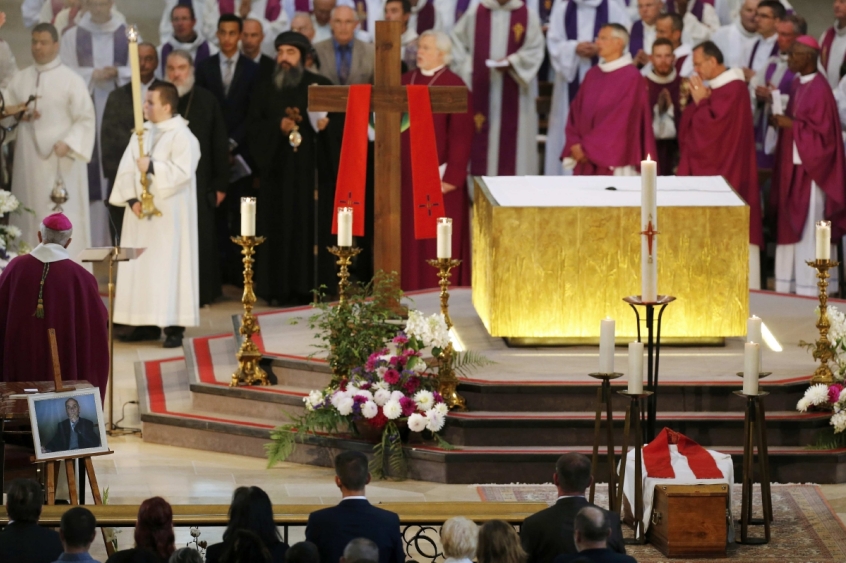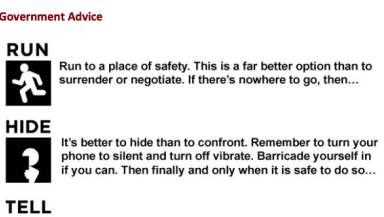
Thousands of churches throughout the country are being urged to take security measures against the possibility of a terror attack or other anti-Christian hate crime.
New guidelines warn of growing evidence of hate crimes against Christians and say clergy and church staff must take steps to protect themselves and their congregations against terrorists armed with guns or knives.
The guidelines warn of an "escalating problem" in the wake of July's attack on the Catholic church in Saint–Etienne-du-Rouvray near Rouen in France and the murder of its priest Father Jacques Hamel.
Although there is no evidence that a terror attack on a church is imminent, the guidelines note that attacks in churches during services are, in fact, surprisingly common. There have been cases of congregation members attacked with axes and even firearms.
The guidelines have been produced by Nick Tolson, a leading expert in church security and director of National Churchwatch.
Tolson, who is the Christian representative on a Home Office counter-extremism panel for places of worship, told Christian Today: "There is definitely a rise in the risk to churches. The murder of Father Jacques Hamel was the first time a church has been directly targeted by terrorists in northern Europe. We know that when there has been one attack, there are copycat attacks. So the risk has risen. We just need to talk about it and get people thinking about it."

He has posted the new guidelines on the National Churchwatch Facebook page.
There are two sets. One is how to deal with anti-Christian hate crime and the other suggests counter-terrorism measures that churches can take.
In the last 10 years in the UK, eight members of the clergy have been murdered, all with knives. In 2009 a man brandishing a firearm on the steps of Guildford Cathedral before an Advent carol service was shot and killed by police.
The guidelines state that every church should have CCTV
They should have just one entrance in use at a time, and one that can be slammed shut securely and quickly.
People working on the premises, especially when alone, should carry attack alarms.
Many incidents that occur are committed not by terrorists but by people who are mentally unwell. All incidents should be recorded and there must be a plan in place with individuals assigned for roles should there be an attack.
The guidelines say: "If someone produces a weapon during a service (and this will usually be a knife or blunt instrument) then you will need to get people out of the church.
"Do not let them just sit there and watch what is going on. They are at risk, it only takes seconds for someone to stab a large number of people as we have seen in various attacks around the country.

"Think about how you would get the congregation out.
"This is especially important in larger churches where the children may be separated from their parents in a Sunday School. It is normal for parents to rush and get their children to safety. How you evacuate is related to your fire evacuation plans. The same process would happen if there was a fire in the church."
Tolson said: "It is about visible things, such as having a person on the door. It is about giving people some idea of what to do if the worst happens. The advice has changed considerably. It used to be hide indoors, but now it is run, and keep running."
One of the problems is that when there is an incident, people have a tendency to stay and watch. "A person with a machine gun can kill hundreds," said Tolson.













